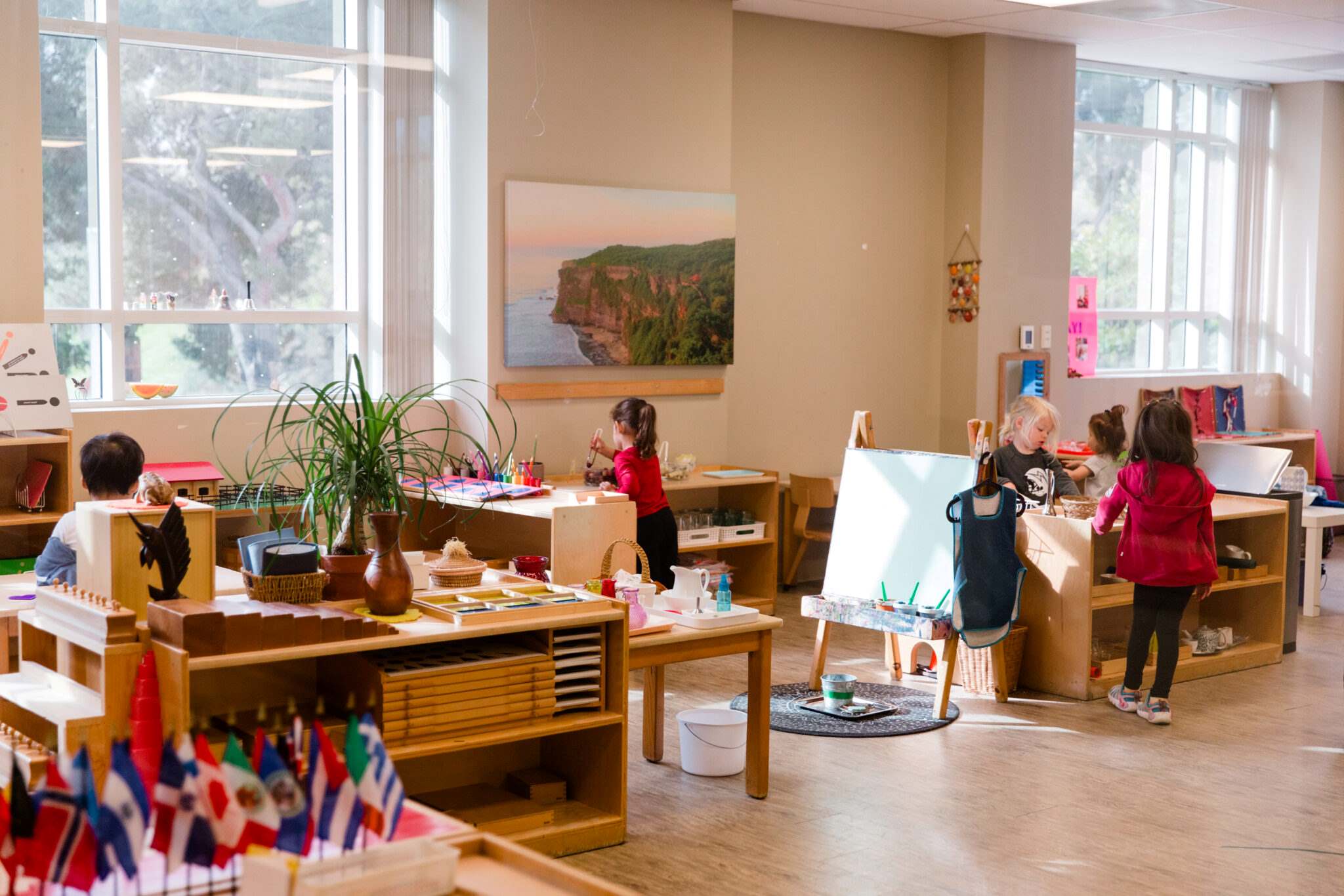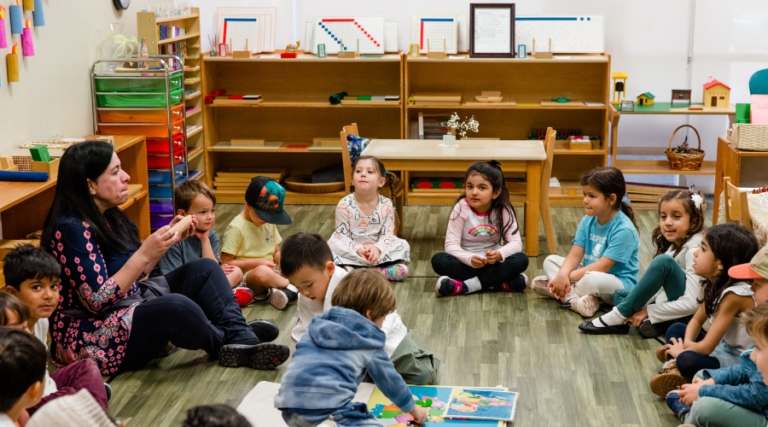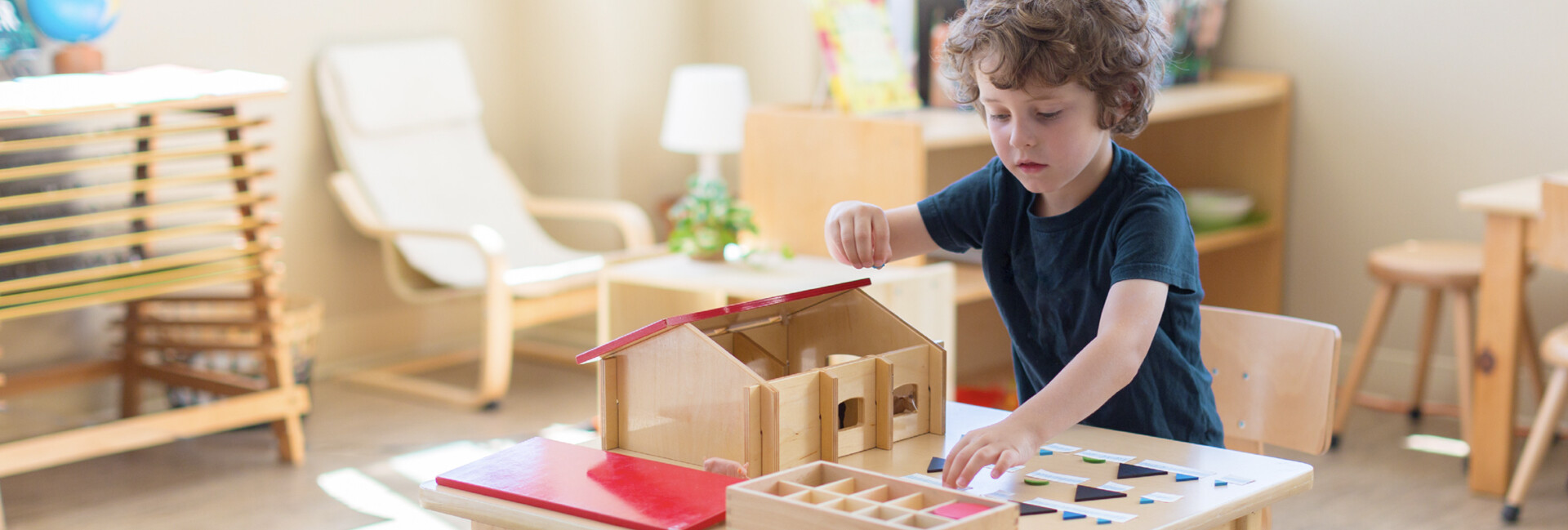
The Value of Unstructured Time: Encouraging Creativity Beyond Screen Time
For busy parents, screens can conveniently keep children occupied, providing a much-needed break. At Montessori Academy Idaho, we recognize that parents also need downtime to rejuvenate and manage their tasks. However, our primary focus remains on what is best for the child, which often involves finding a balance that meets both the child’s and the parent’s needs.
On the other hand, some families avoid screen time because their children are engaged in numerous after-school activities like sports, music lessons, and academic programs. While these activities are beneficial, they can also result in overscheduled children missing out on an essential aspect of development: unstructured time.

Why Unstructured Time is Crucial
Children need unstructured time to explore their creativity and develop essential life skills. Here’s why it’s so important:
Developing a Sense of Self
- Unstructured time allows children to choose and pursue their interests, fostering independence and self-discovery. This helps them develop a sense of identity and passion– often missing in overly structured environments.
Enhancing Social Skills
- Children learn to interact with peers, resolve conflicts, and develop empathy in free play. These social skills are crucial for building friendships and understanding how their actions affect others.
Building Self-Discipline and Attention
- Free time allows children to practice self-regulation and focus on activities for extended periods. This contrasts with the highly structured environment of traditional schooling, where adults dictate the schedule and activities.
Practicing Skills
- Through play, children develop physical and intellectual skills. Whether it’s building with Legos or engaging in imaginative play, these activities lay the foundation for future learning and problem-solving abilities.
Incorporating Unstructured Time at Home
To integrate unstructured time into your child’s routine at home, start by limiting screen time and avoiding overscheduling with activities. Here are some practical suggestions:
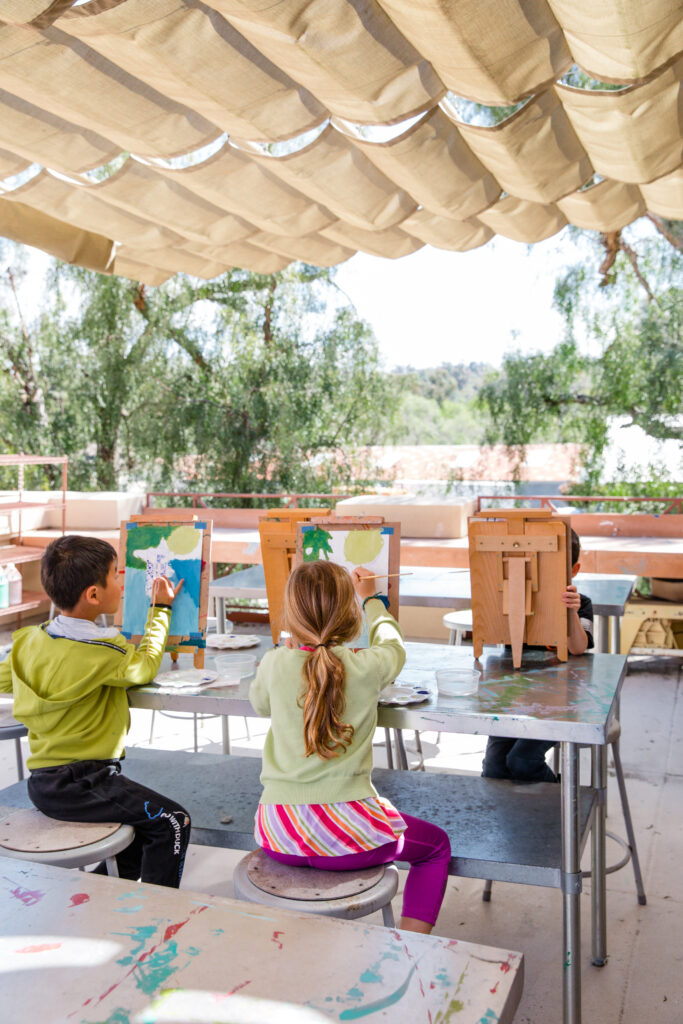

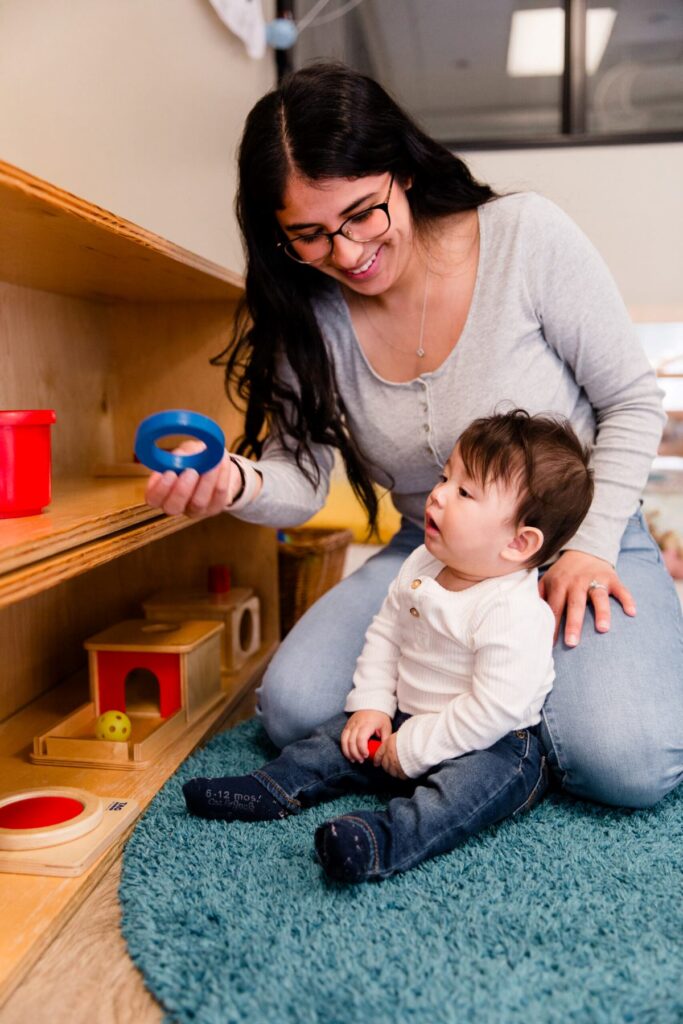

Provide Versatile Play Materials
- Offer materials that can be used in various ways, such as building blocks, art supplies, and household items for imaginative play. Encourage creativity by allowing children to explore and repurpose items.
Encourage Artistic Exploration
- Set up a creative space with accessible art supplies. Allow children to explore different mediums without specific instructions, focusing on the process rather than the outcome.
Facilitate Outdoor Play
- Promote outdoor play by organizing regular playdates at the park, going to the beach, or taking a hike with a difficulty level appropriate for your child. This encourages children to engage in physical activity and social interactions in a natural setting.
Create Inviting Reading Spaces
- Establish cozy reading corners with a variety of books. This will not only foster a love for reading but also encourage independent exploration of new ideas and stories.
Foster Concentration
- Help your child develop the ability to focus by gradually increasing the time they spend on self-directed activities. Provide support and encouragement as they learn to engage deeply with their interests.
Conclusion
As parents, it’s easy to overschedule or rely on screens for convenience. However, valuing and protecting unstructured time allows our children to develop crucial skills and creativity. Isn’t it worth trying? Embrace the benefits of unstructured time and watch your child thrive!


